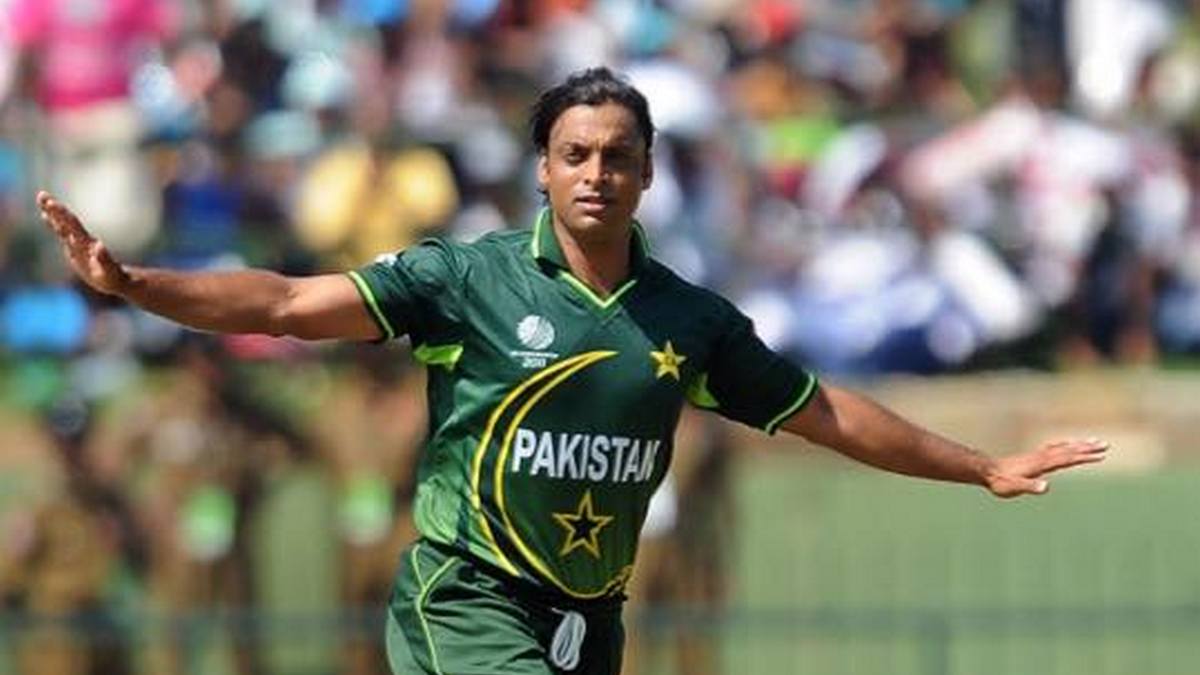Karachi: A former chairman of the Pakistan Cricket Board (PCB) has revealed that had it not been for the help extended by the late ICC chief Jagmohan Dalmiya, fast bowler Shoiab Akhtar's career would have ended in 2000-01.
In 1999, the International Cricket Council had told the PCB that speed merchant Akhtar's bowling action was under scrutiny.
Former BCCI chief Damiya, one of India's biggest cricket administrators, served as the ICC's president from 1997 to 2000.
"Jagmohan, who had been president of the ICC and was an influential voice, supported us a lot in the Shoaib Akhtar bowling action case. He took a stand for us despite the ICC members insisting that Akhtar's bowling action was illegal," Lt General (retd) Tauqir Zia, who headed the PCB from 1999 to 2003, said.
"But due to the stance taken by Dalmiya and myself the ICC eventually conceded that Akhtar had a medical flaw in his bowling arm since birth which gave him hyper elbow extension and he was allowed to play on," he added.
Zia also said that some players might have under-performed in the 2003 World Cup because of factionalism within the team at that time.
He said on the GTV News Channel that he had asked then chief selector Wasim Bari to drop stalwarts like Wasim Akram, Waqar Younis and Saeed Anwar from the team after the World Cup.
Pakistan failed to qualify for the super six stage of the World Cup in South Africa and Zimbabwe.
"After the World Cup I was very disappointed with the way the players had performed because it was the best possible side we could have picked for the World Cup," Zia said.
"I was hearing about these groupings and differences within the team even before the tournament and I suspected some of them under-performed because of their conflicts," he said.
Waqar captained Pakistan in that World Cup and throughout the event, there were reports about him not getting support from some players.
"I had wanted to make Wasim captain for the World Cup but many people in the board opposed this and even the ICC had its reservations because of the fixing inquiry reports," he said.
The former chairman said that after the World Cup he sat down with Bari.
"I told him now is the time to free Pakistan cricket of Wasim, Waqar, Saeed and some others. We then made Rashid Latif the captain and asked him to build a new team."
Zia pointed out that they had also dropped senior players such as Shoaib Akhtar and Inzamam-ul-Haq from the team so that a new outfit could be built.
"I thought Rashid did a good job and for a while it appeared we were rebuilding the team, but circumstances led to other things."
Let the Truth be known. If you read VB and like VB, please be a VB Supporter and Help us deliver the Truth to one and all.
Dubai: Smoke was seen rising from an area near the United States Consulate in Dubai, according to witness accounts cited by Reuters.
There was no immediate official confirmation on the extent of damage or whether there were any casualties in the incident.
Earlier, the US embassy in Riyadh, Saudi Arabia’s capital, was also attacked. Authorities reported damage to the premises, but no casualties were recorded.
The developments come amid heightened tensions in the region, with Iran continuing to target US interests in the Middle East following deadly attacks launched on Saturday by Israel and the United States.
Near US embassy in Dubai pic.twitter.com/z5VTZNVxNO
— Sahil Shah (@thesahilsshah) March 3, 2026





